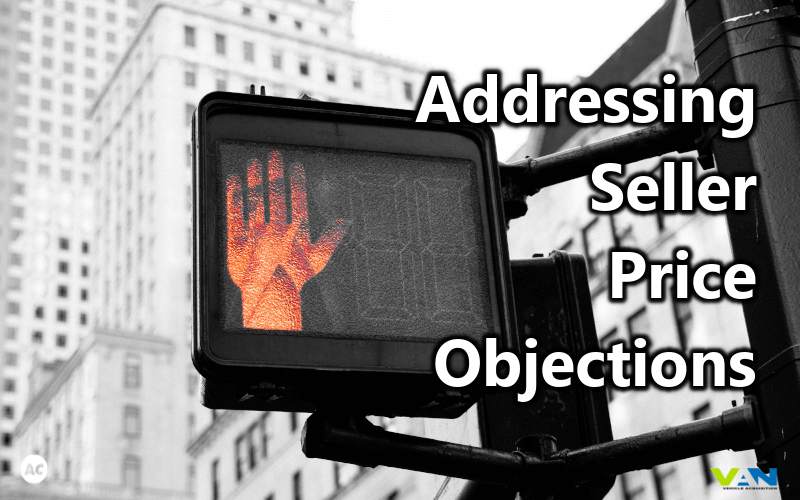5 Ways to Address Price Objections from Private Sellers

At VAN we talk to private sellers and dealerships a lot. The most common objection we hear about from private sellers is over the price of their vehicle. We know that when setting a price for the private sale of a vehicle, the consumer has a certain amount of sentimental value playing a role.
Combine this with the potential investment a private seller makes in terms of clean up, detail and fixing minor issues with a vehicle and the issue is compounded. The private seller thinks they must set a price high enough to recoup that investment when they sell their vehicle.
Additionally, a private selling consumer will tend towards the highest possible pricing that they can find in the public domain. That often consists of using a site like Kelley Blue Book consumer pricing, which is reliant on concise and comprehensive condition reporting and accurate option packages along with rating the overall condition in the right bucket or segment.
When you step back and look at all of the factors a consumer contends with to set their pricing, it’s easy to see that there is a strong possibility the pricing will be out of line with what the market is transacting at for any given vehicle.
While we may understand that, the consumer is automatically on guard when working with a dealer because they know that we are experts in negotiating and valuing vehicles. This often puts them on the defensive when we contact them and a negotiation begins for their vehicle.
Overcoming the seller's price objections is the biggest challenge to moving towards the acquisition agreement. The techniques we frequently spend time on to improve include:
- Maintaining your focus on setting the appointment rather than spending too much time strictly on debating price with the seller on the telephone.
- When a seller insists on pricing in advance of an appointment, utilizing a pricing range contingent on the condition of the vehicle is the most productive approach.
- Actively listen and acknowledge the seller’s objections (complaint) about their vehicle price. Agreement validates their concern and allows you to move forward.
- Communicate your pricing by letting the seller know that the price is what vehicles are transacting for in your market. Demonstrate the pricing by showing them the value.
- Once you’ve acknowledged the objection, state the value proposition to the seller, “our dealership makes the process of selling your vehicle fast, safe and easy”.
When we follow these steps, and reassure the seller that you are a resource for making the process of selling their vehicle much easier but there may be a trade-off in terms of receiving a little less, you’ve stated the value of selling to the dealership.
Following this process while remaining positive and acting as a resource to the seller rather than becoming adversarial will results in more total acquisitions and a higher level of customer satisfaction with the process.



![3 New Tips for Handling Price Objections with Private Sellers [VIDEO]](https://blog.buywithvan.com/hs-fs/hubfs/Imported_Blog_Media/VAN-Handling-Price-Objections-private-sellers.jpg?height=500&name=VAN-Handling-Price-Objections-private-sellers.jpg)

